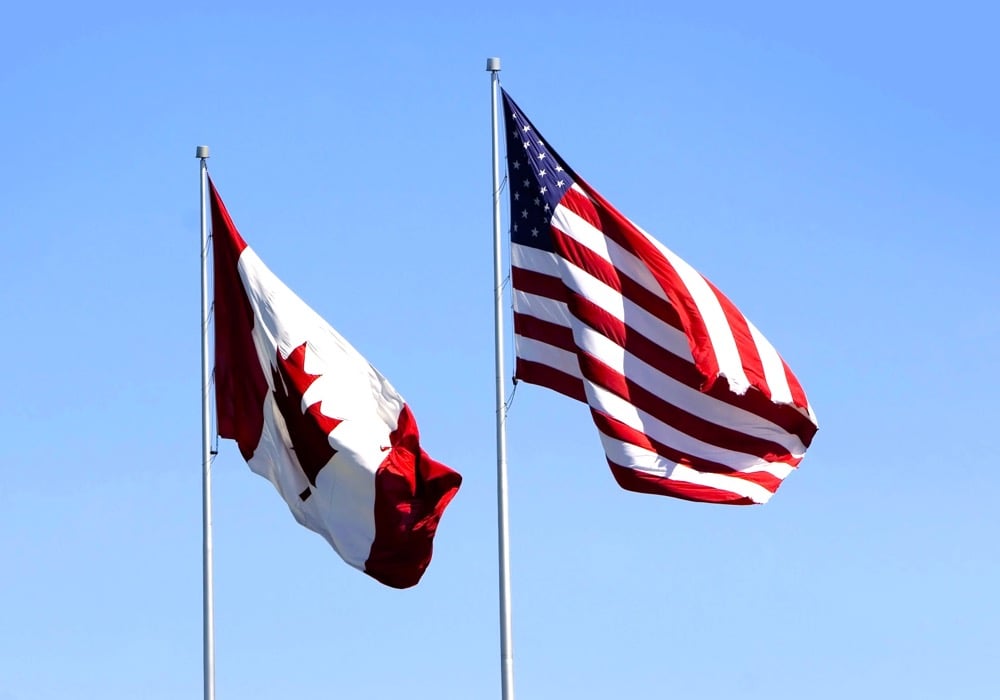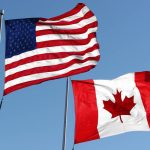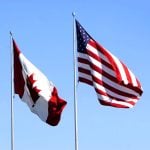Chicago | Reuters—Chicago Board of Trade corn futures Cv1 on Monday surged to a more than six-month high amid growing concern over dry conditions in Argentina, market analysts said.
CBOT soybean futures also turned higher on a lack of significant moisture in the South American country, which is the world’s largest exporter of soybean oil and meal and its third largest exporter of corn, analysts said.
Meanwhile, wheat drew support from a technical correction, having hit life of contract lows on Friday, and all three commodities gained ground on a dip in the U.S. dollar.
Read Also

Canadian trade data delayed by U.S. government shutdown
Canadian international trade data for September will be delayed indefinitely due to the ongoing partial shutdown of the United States government, Statistics Canada said Friday, Oct. 24.
The most-active soybean contract Sv1 on the Chicago Board of Trade (CBOT) settled up 6 cents at $9.97-3/4 a bushel.
CBOT corn Cv1 added 7 cents to $4.57-3/4 a bushel, at one point touching the highest price since June 13. CBOT wheat Wv1 rose 11-1/4 to $5.40-1/2 a bushel.
A hot and dry summer in the Southern Hemisphere is beginning to damage Argentina’s soybean and corn crops, according to the country’s two main grains exchanges.
While the possibility of some needed moisture was forecast last week, said Karl Setzer, partner at Consus Ag Consulting, “those rains didn’t show up over the weekend, and this morning’s maps are a little bit drier going forward.”
The risk of stress to crops in Argentina lent support to soybean prices as traders returned from the New Year holiday, according to analysts.
CBOT grain futures drew support from the weakness in the U.S. dollar .DXY, which slid as much as 1.07% on Monday against a basket of other major currencies.
The dollar’s drop came after the Washington Post reported Monday that tariffs proposed by U.S. President-elect Donald Trump might be more narrowly focused than he previously threatened. The uncertainty surrounding the economic impact of such tariffs has been expected to encourage the U.S. Federal Reserve to slow interest rate cuts.
—All prices in USD. Additional reporting by Gus Trompiz in Paris and Ella Cao and Mei Mei Chu in Beijing.














